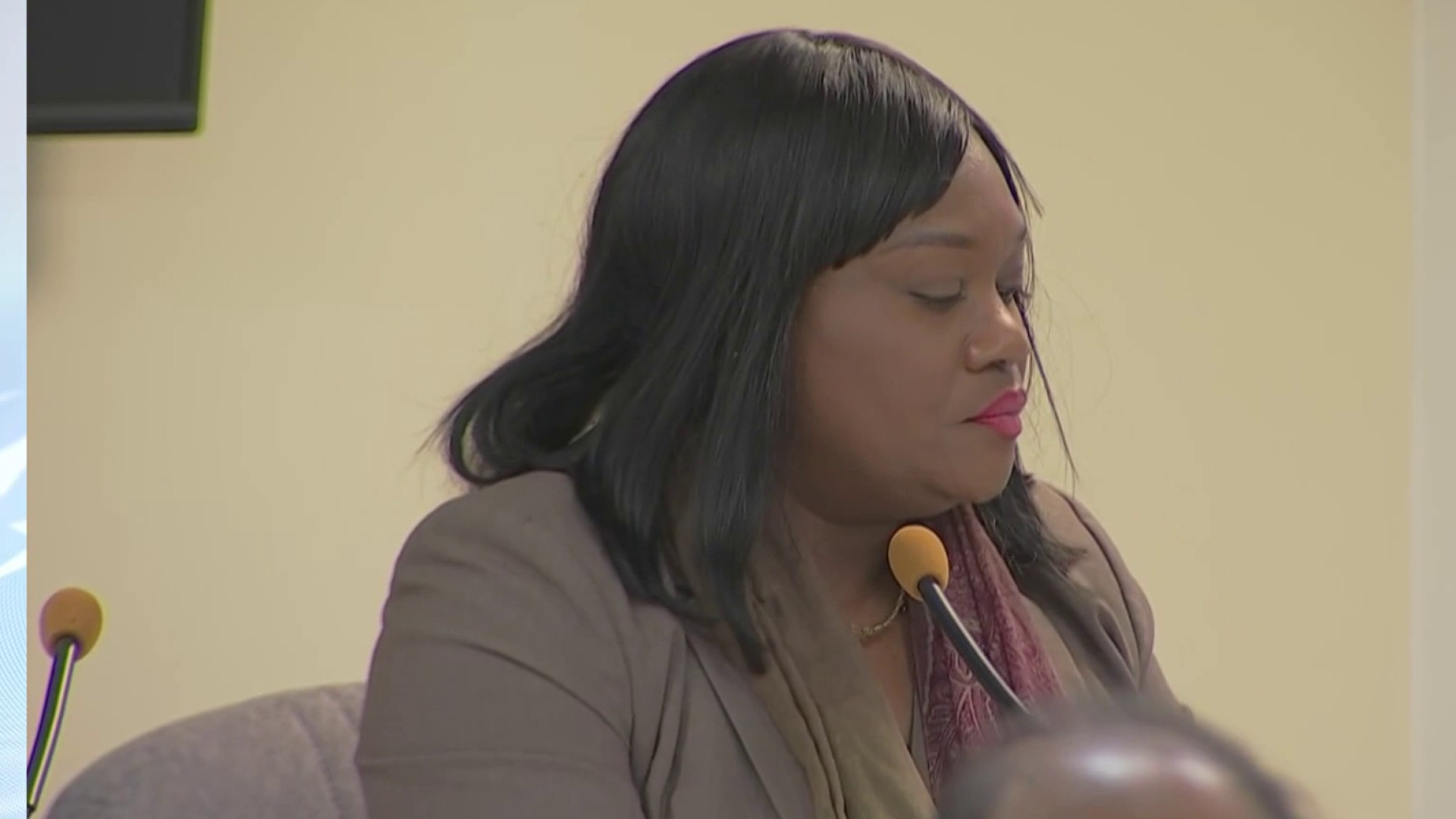Doctors in Pennsylvania will be required to prescribe opioids electronically, starting Oct. 24, in response to the American opioid epidemic and the susceptibility to fraud of handwritten prescriptions.
Pennsylvania joins a growing number of states, including New Jersey, that require digital prescriptions for opioids and all Schedule II-V controlled substances in an attempt to fight the drug crisis.
"When it's e-prescribed, [there is] much less ability for it to be fraudulent," Pennsylvania Health Secretary Dr. Rachel Levine said. "It's electronically sent directly to the pharmacy so you will no longer have to be using the prescription pads with the sometimes illegible doctor's handwriting, et cetera."
The Drug Enforcement Agency and state authorities have long fought to stop fraudulent prescriptions from being filled at pharmacies. But little regulation existed to stop stolen or manipulated prescription pads from being used to have addictive drug prescriptions filled.
"It's a big issue for us," DEA supervisory special agent Patrick Trainor said. "This is an incredibly profitable scheme."
He was referring to fraudsters stealing doctor's prescription pads, then going to pharmacies for painkillers that could be sold on the black market.
One longtime Philadelphia-area doctor, Dr. Francine Sandrow, told NBC10 about her experience getting a prescription pad stolen, and having drugs like oxycodone, codeine and generic Xanax bought with the pads without her knowledge.
Local
Breaking news and the stories that matter to your neighborhood.
"I never prescribed those three medications in combination," Sandrow, who currently works at the Veterans Administration in Philadelphia, said when she found out about the prescriptions.
But the fraudsters hit the road and got those addictive painkillers using her pad in pharmacies as far as Lancaster, York, Allentown and Hazelton, according to Pennsylvania's Drug Monitoring Program.
Those sorts of fraudulent prescriptions will no longer be an issue in Pennsylvania after the e-prescription requirement takes effect.
"Through e-prescribing, the pharmacist will know that that [drug] was prescribed from a specific hospital, health system and doctor's office," Levine said.



